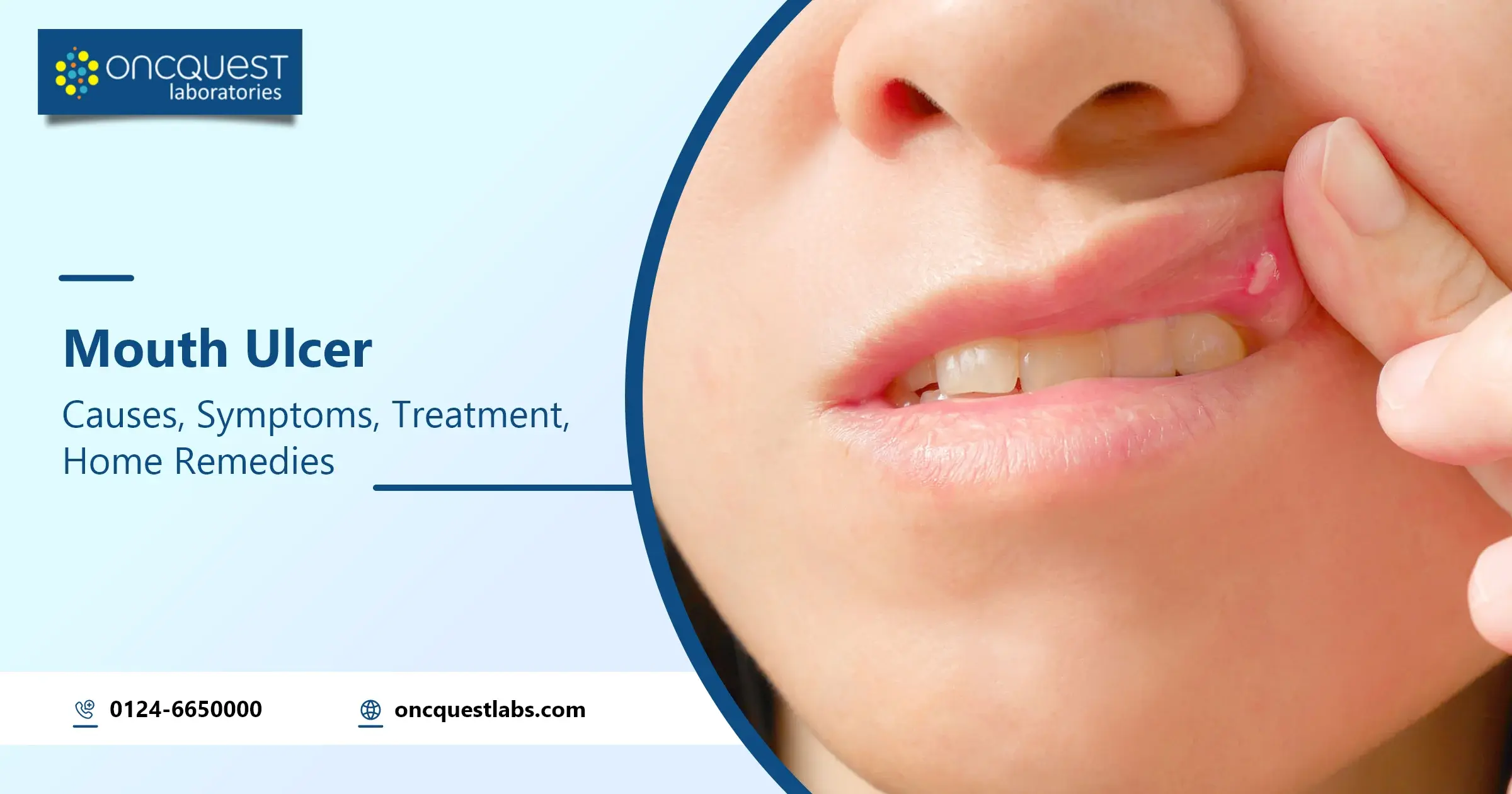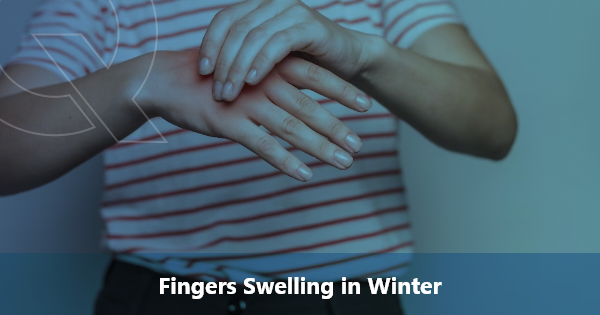Hey there! Ever felt really thirsty or noticed your mouth getting super dry? Well, you might be experiencing dehydration! It’s like your body needs more water than it’s getting. But no worries – we’ve got your back. In this blog, we’re gonna chat about why dehydration happens, the signs your body gives you, and some super simple ways to fix it. So, let’s keep it cool, stay refreshed, and explore the world of hydration together!
Contents
Symptoms of Dehydration
Feeling thirsty all the time? That’s just one way your body says, “Hey, I need more water!” Let’s take a quick look at these signals your body sends when it’s time to grab a drink!
1. Thirst and Dry Mouth:
• When you’re dehydrated, your body signals you to drink more water by making you feel thirsty.
• A dry or sticky feeling in your mouth is a common indicator that your body needs more fluids.
2. Dark Yellow Urine:
• Pay attention to the color of your urine. Dark yellow or amber-colored urine suggests concentrated waste and a lack of hydration.
3. Fatigue and Dizziness:
• Dehydration can lead to feelings of tiredness and lethargy. You might find it harder to concentrate, and simple tasks may feel more exhausting.
• Dizziness or lightheadedness can also occur as a result of reduced blood volume and inadequate oxygen reaching the brain.
4. Decreased Urine Output:
• Less frequent urination or noticeably smaller amounts of urine may indicate dehydration.
• Your body tries to conserve water by reducing the production of urine.
5. Rapid Heartbeat and Breathing:
• Dehydration can lead to an increased heart rate and faster breathing as your body attempts to maintain oxygen supply to vital organs.
Recognizing these symptoms early on is crucial to addressing dehydration promptly and preventing it from progressing to more severe stages. It’s essential to listen to your body’s signals and ensure you’re giving it the hydration it needs.
Causes of Dehydration
Let’s break down the causes of dehydration in simple terms:
1. Not Enough Water:
• The most obvious one – if you’re not drinking enough water, your body doesn’t have sufficient fluids to function properly.
2. Sweating a Lot:
• When you sweat, your body loses water. So, if you’re sweating a ton, like during exercise or on a hot day, you need to drink more water to make up for it.
3. Getting Sick:
• Being sick, especially with things like vomiting or diarrhea, makes your body lose fluids quickly. It’s like a fast-track to dehydration.
4. Medicines:
• Some medicines can make you pee more or lose extra fluids, contributing to dehydration. Always good to check with your doctor if you’re concerned.
Understanding these causes helps us be proactive. Drink enough water, especially when it’s hot or you’re active. And if you’re feeling under the weather or taking meds, keep an extra eye on staying hydrated!
Groups at Risk
Certain groups are more at risk of dehydration. Let’s keep it simple:
1. Little Ones:
• Babies and small kids might not say, “Hey, I’m thirsty!” as clearly. So, parents, make sure they’re sipping on water, especially on warm days.
2. Grandparents and Older Folks:
• Older adults might not feel thirsty as easily, but their bodies still need water. Remind them to take sips throughout the day.
3. Active People:
• If you’re always on the go or sweating it out with sports, your body loses more water. Keep the water bottle handy!
Remember, different folks need different amounts of water. Keep an eye on those you care about, and make sure everyone’s sipping and staying cool!
Effects of Dehydration on Health
Let’s talk about how dehydration can affect your health:
1. Not Feeling Sharp:
• Dehydration can mess with your focus and thinking. It’s like trying to run on an empty tank – your brain needs water to stay sharp!
2. Energy Levels Drop:
• Feeling tired all the time? Dehydration might be the culprit. Your body needs water to keep things running smoothly, and when it’s low, you can feel drained.
3. Messing with Physical Performance:
• If you’re into sports or just being active, dehydration can make you feel sluggish. Your muscles need water to work their best.
4. Headaches Show Up:
• Sometimes, dehydration gives you a pounding headache. It’s like a signal from your body saying, “Hey, I need more water up here!”
Remember, staying hydrated isn’t just about feeling thirsty—it’s about keeping your body and mind in top shape. So, grab that water bottle and keep yourself refreshed!
Prevention Strategies
Let’s keep it simple with some easy ways to prevent dehydration:
1. Sip, Sip, Sip:
• Drink water regularly throughout the day, even if you don’t feel super thirsty. It’s like giving your body a constant refill.
2. Know Your Needs:
• If it’s hot outside or you’re being active, your body needs more water. Listen to what your body’s saying and drink a bit extra.
3. Watch for Signs:
• Pay attention to those signs of dehydration we talked about earlier. If you notice them, it’s a cue to up your water game.
Staying hydrated is a bit like giving your body the fuel it needs to run smoothly. So, make friends with your water bottle and keep yourself feeling tip-top!
Treatment Options
Alright, let’s break down some easy ways to treat dehydration:
1. Drink Up:
• The simplest remedy – sip on water throughout the day. It’s like giving your body the liquid it’s been asking for.
2. Grab Oral Rehydration Solutions:
• These special drinks have the right mix of water, salts, and sugars. They’re like a superhero combo for rehydrating.
3. Medical Help if Needed:
• In severe cases, especially if someone is really sick, a doctor might step in to help with fluids. It’s like getting a professional boost.
Remember, the key is to catch dehydration early and start sipping on that water. It’s like giving your body a refreshing drink to keep everything in balance!
When to Seek Medical Attention
Knowing when to get help is crucial. Here’s when you might want to seek medical attention for dehydration:
1. Severe Symptoms:
• If dehydration symptoms are intense, like extreme thirst, dizziness, or confusion, it’s time to call in the experts.
2. Persistent Illness:
• If you’re sick with vomiting or diarrhea that just won’t quit, especially in kids or older adults, a doctor’s advice is gold.
3. No Improvement:
• If you’re trying to rehydrate but things aren’t getting better, a medical checkup is a smart move.
In a nutshell, if things seem serious or just not getting better, don’t hesitate to reach out to a healthcare pro. It’s like having a safety net to make sure you’re back on track!
Conclusion
In wrapping it up, keeping hydrated is like giving your body the VIP treatment it deserves. From recognizing the signs of dehydration to understanding why it happens, we’ve covered a lot. Remember, sipping water regularly, especially when you’re active or it’s hot, is your ticket to staying on top of your game.
And hey, if you ever spot those red flags of severe dehydration or things just aren’t improving, don’t hesitate to reach out to a healthcare pro. It’s all about listening to your body, keeping that water bottle close, and making hydration a cool part of your daily routine. So, here’s to staying refreshed, healthy, and always on the hydrate-side of life!




![Blood Test for Hair Loss [Male/Female] Blood Test for Hair Loss](https://oncquest-blog.s3.ap-south-1.amazonaws.com/blog/wp-content/uploads/2023/12/12044200/Blood-Test-for-Hair-Loss.webp)